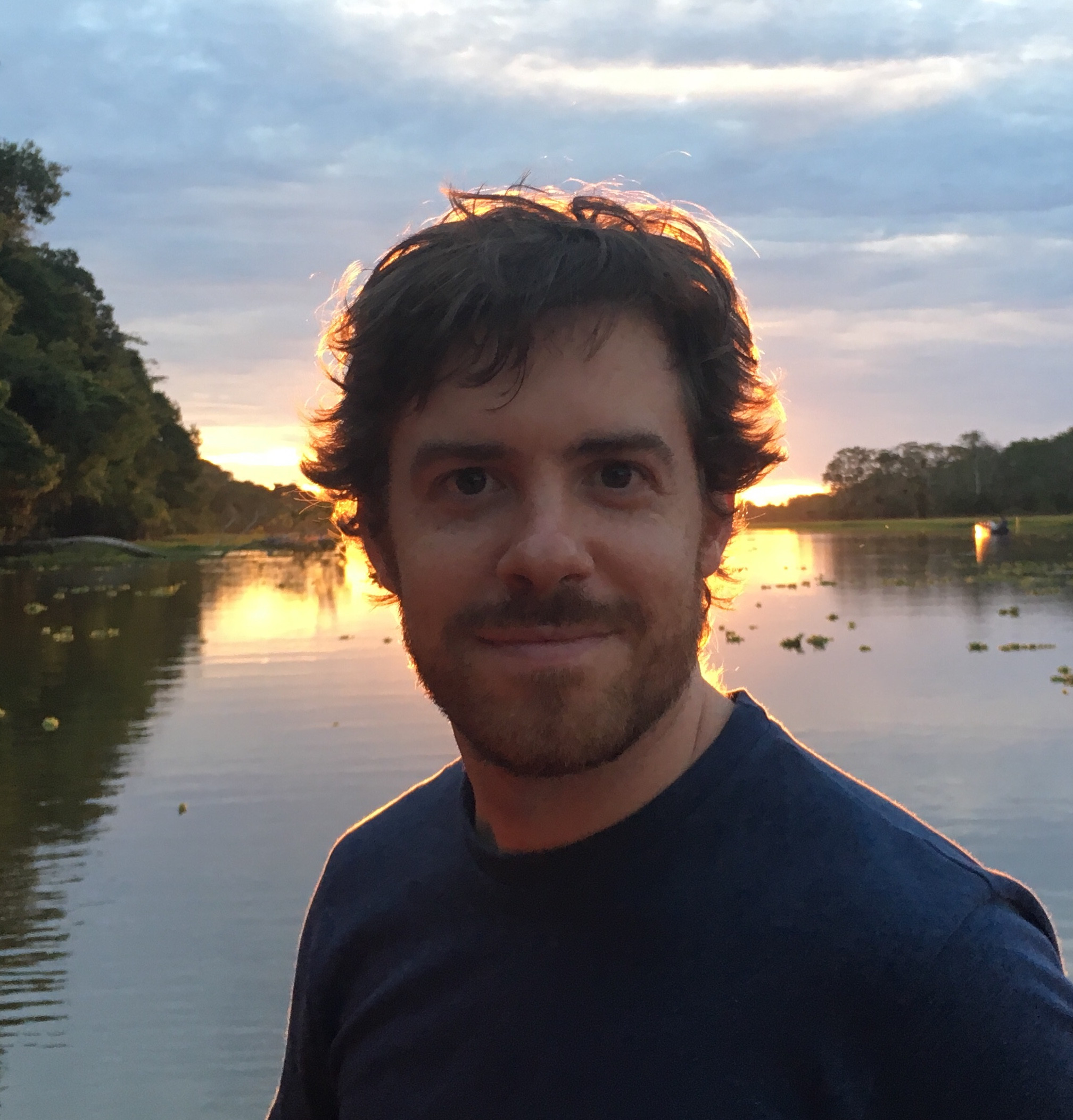 Daniel Hugo Campora Perez
Daniel Hugo Campora Perez
CERN, and University of Seville, Spain
Coming from Sunny Sevilla with a Computer Engineering degree and having spent some five years at CERN with various contracts, I'm currently a Doctoral Student, optimizing reconstruction algorithms in LHCb with an Artificial Intelligence twist.
I have many good questions, but I'm still searching for good answers!
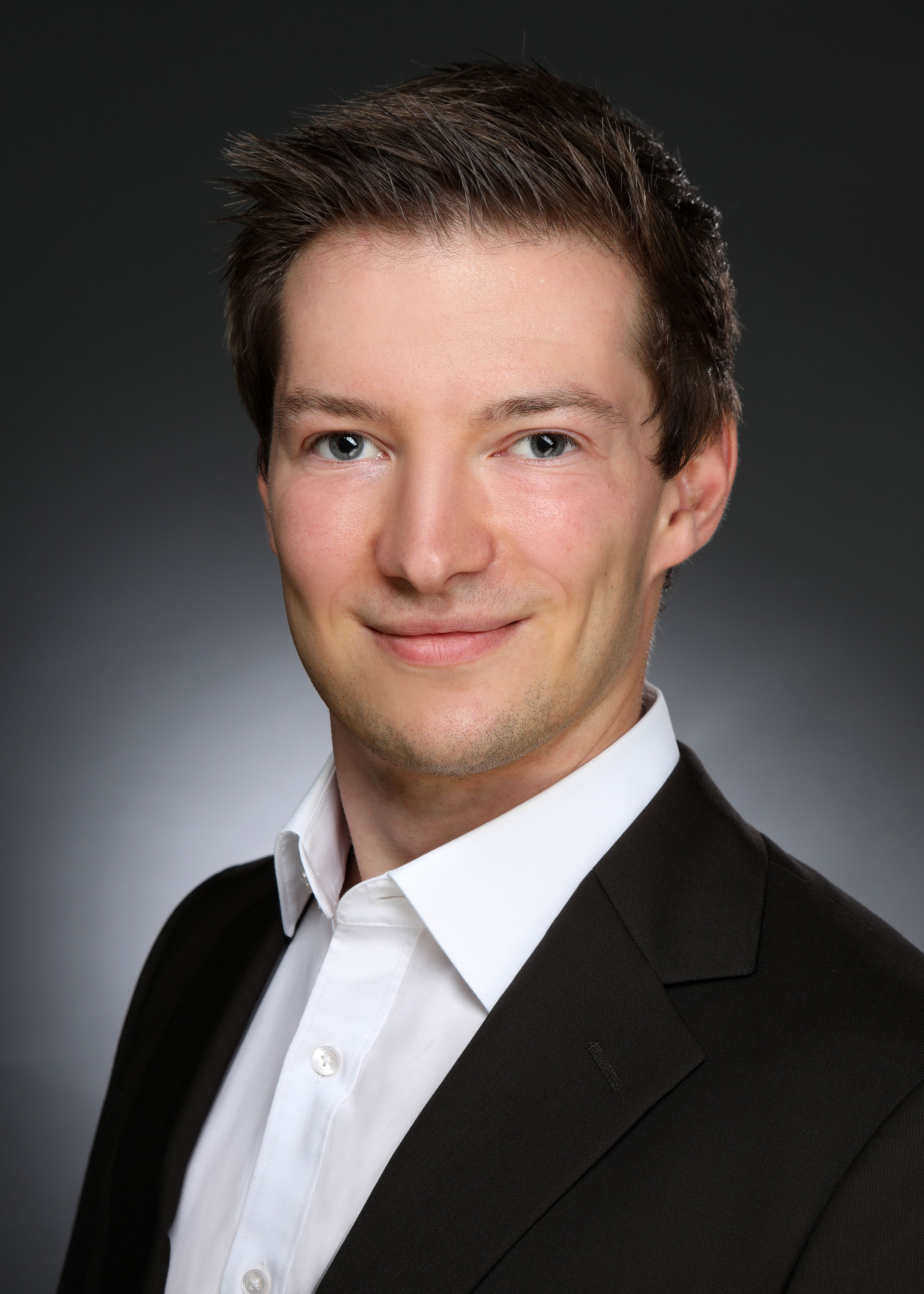 Patrick Emonts
Patrick Emonts
Max Planck Institute of Quantum Optics, Garching, Germany
I am currently working on my PhD in theoretical physics at the Max Planck Institute of Quantum Optics in Munich.
My main focus is the development of tensor network algorithms to simulate lattice gauge theories.
In 2017, I graduated in physics at the RWTH Aachen about Monte Carlo simulation of complex solid state systems.
Working as a software engineer during my studies, I got some interesting insights into the field of optical character recognition.
In my free time, you will probably find me skiing or climbing.
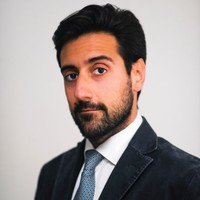 Giorgio Lopez
Giorgio Lopez
CERN
I was born in Napoli where I graduated in Computer Science Engineering and did my PhD in Electronics Engineering working on real time video processing on FPGAs.
Since 2015 I’m working at CERN in the Electric Power Converters group where my role is designing and developing digital logic for FPGAs in the controls of power converters.
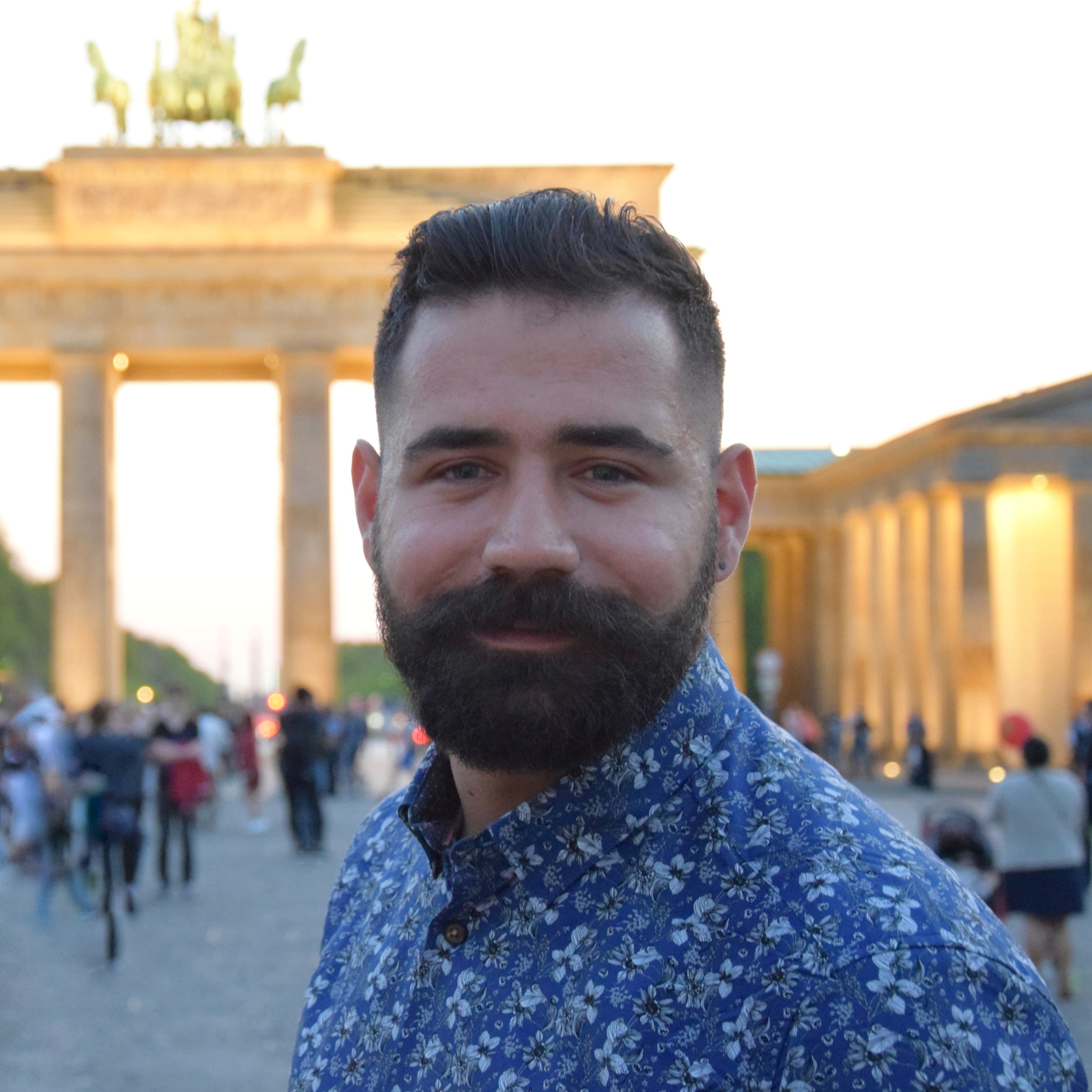 Evangelos Motesnitsalis
Evangelos Motesnitsalis
CERN
I am a Technical Coordinator at the IT Department of CERN, working on utilization of public clouds for archiving purposes.
Before that, I worked as a Data Engineer at the Databases group where I supported the scientific communities in their quest to perform big data analytics over physics and accelerator data. I led the development of the “Hadoop-XRootD Connector” library, a project that provides direct access of data from XRootD-based storage systems directly into Hadoop and Spark.
I am also a former Escalation Engineer and Big Data Devops Support Engineer at Amazon Web Services in Dublin, Ireland. I obtained my MSc in Distributed Systems from Imperial College London in 2015 and prior to that, I studied at King's College London and Aristotle University of Thessaloniki.
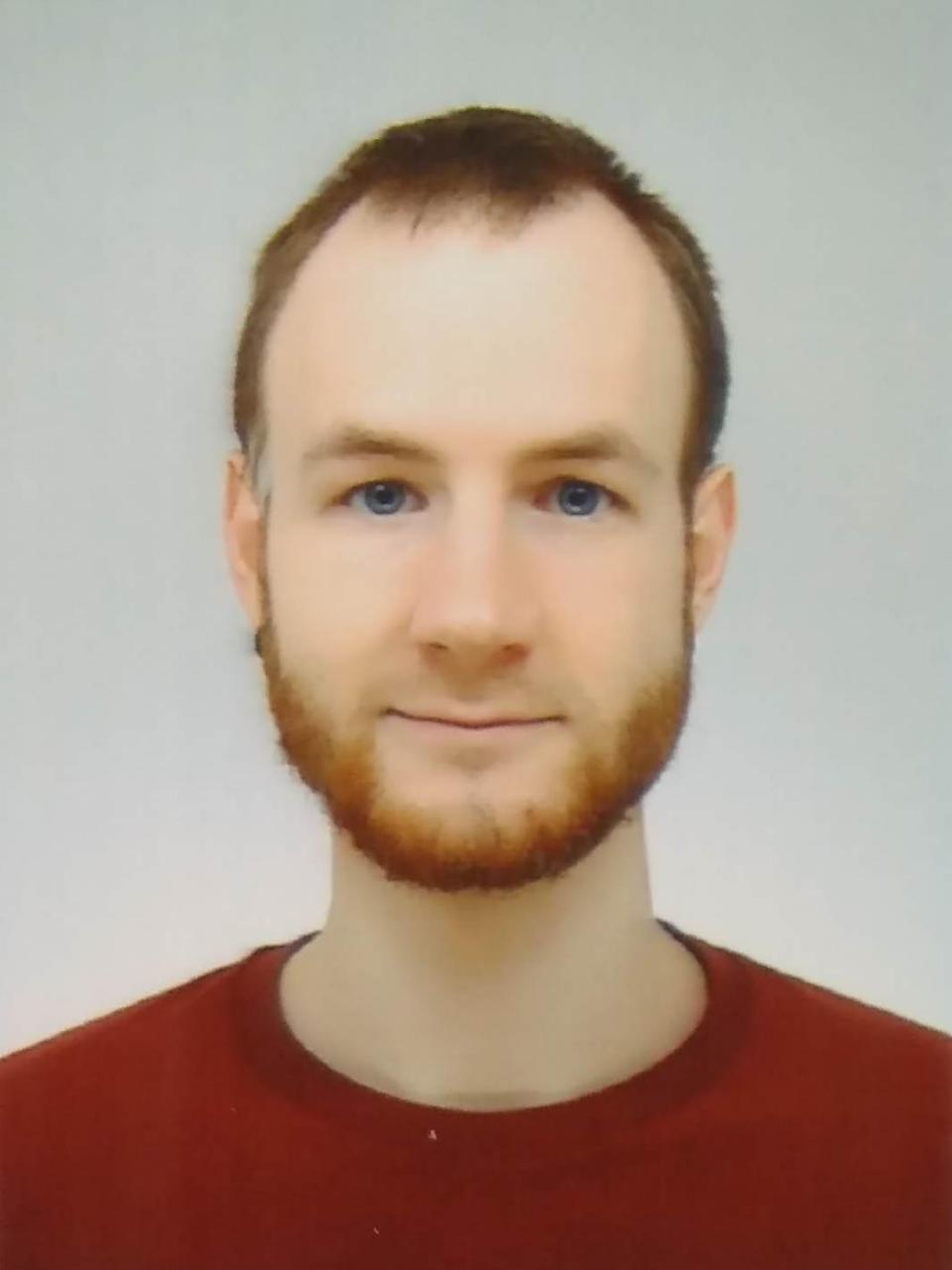 Dmitry Neverov
Dmitry Neverov
Nagoya University, Japan
Born in the science town of snowy Novosibirsk of Siberia, Russia; After finishing school moved to Saint-Petersburg where I worked on phenomenology in pp collisions.
After graduation from master course got accepted to MEXT scholarship of Japan, and moved to Nagoya to work on Belle II experiment.
For my PhD I am developing analysis tools, primarily modified tracking, that are required for a search for low charge magnetic monopoles.
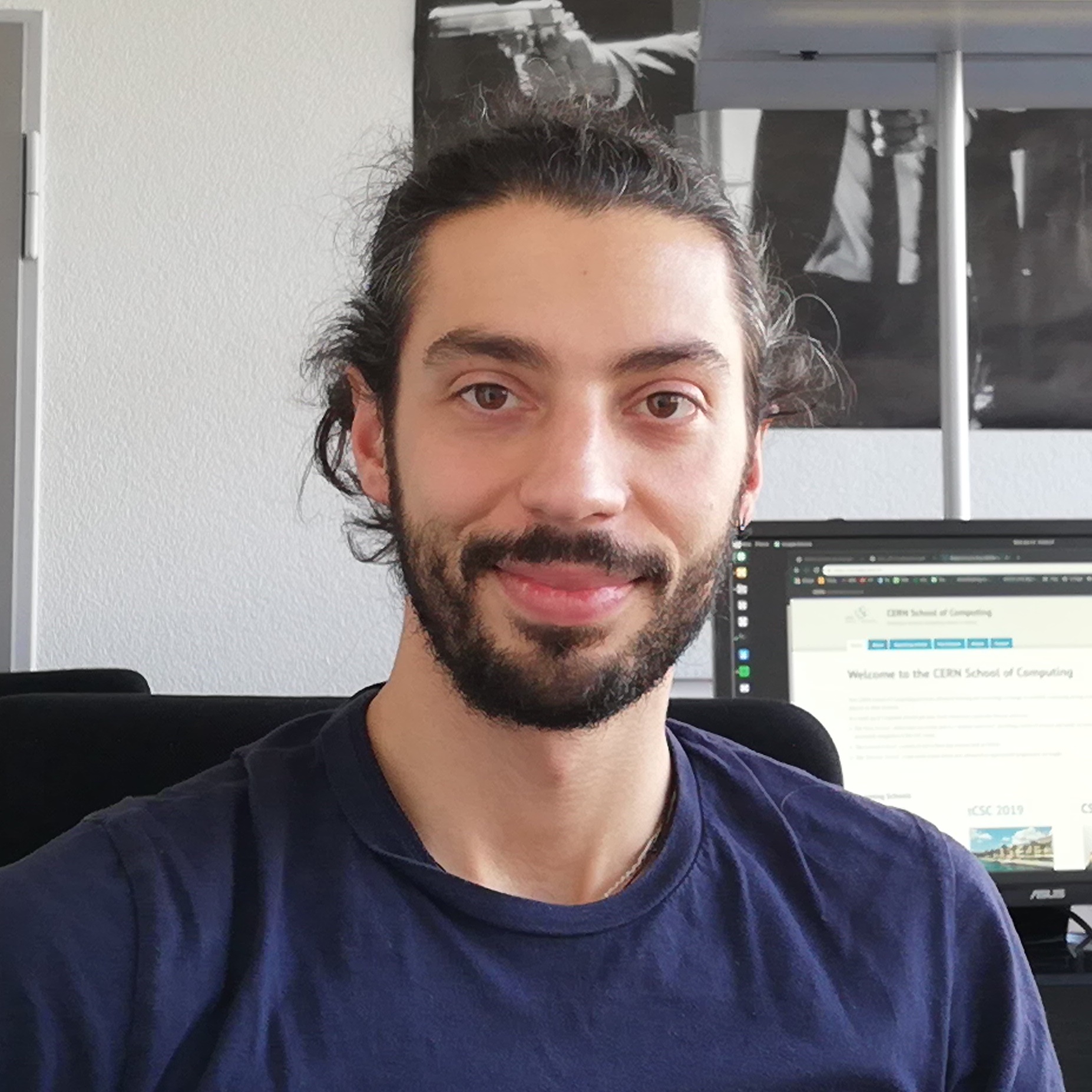 Riccardo Poggi
Riccardo Poggi
University of Geneva, Switzerland
Originally from Italy where I received my MSc in Physics, I am now pursuing a PhD with the University of Geneva. Being part of the ATLAS collaboration, I have the opportunity to analyse LHC data and develop firmware for FPGAs with high bandwidth memory.
In the past I worked at CERN on the upgrade of the software infrastructure for the trigger and data acquisition system of the ATLAS experiment.
While outside CERN I worked for Accenture as a senior software architect specialised in Oracle Cloud.
I am looking forward to meeting you all once again!
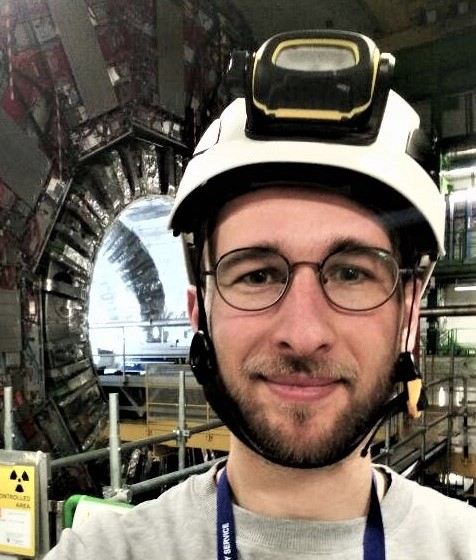 Alexander Ruede
Alexander Ruede
CERN, and KIT-IPE, Germany
I am an electronics engineering doctoral student at the Karlsruhe Institute of Technology and the CMS experiment, based at CERN.
My work focuses on the implementation of a variety of algorithms to measure luminosity in CMS for the high luminosity era of the LHC. Therefore I explore different approaches in software, FPGAs and in heterogeneous systems in order to meet the timing and precision requirements. I am a hardware and FPGA enthusiast!
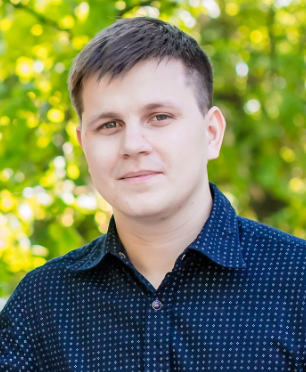 Mikhail Sizov
Mikhail Sizov
Budker Institute of Nuclear Physics of the Siberian Branch of the RAS, Russia
I obtained my Bachelor’s degree with topic “Creating of the isolated environment for untrusted applications” and Master’s topic was “Development of the automated data processing system for mobile muon densitometer”.
Currently, I’m a PhD student at Budker Institute of Nuclear Physics (BINP) and my research is dedicated to practical use of domain specific languages in control systems.
I also teach programming at Geology and Physics Departments of Novosibirsk State University.